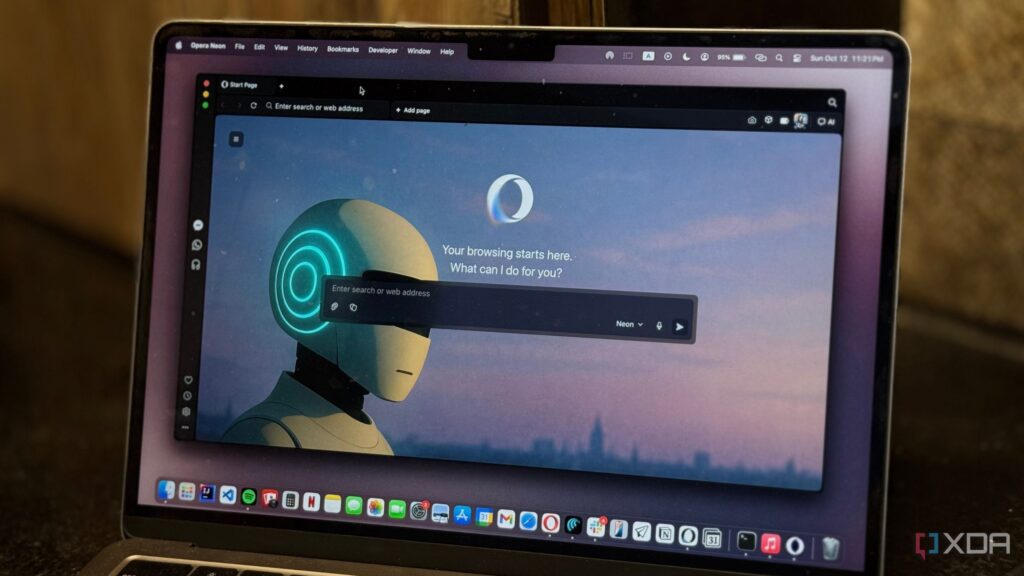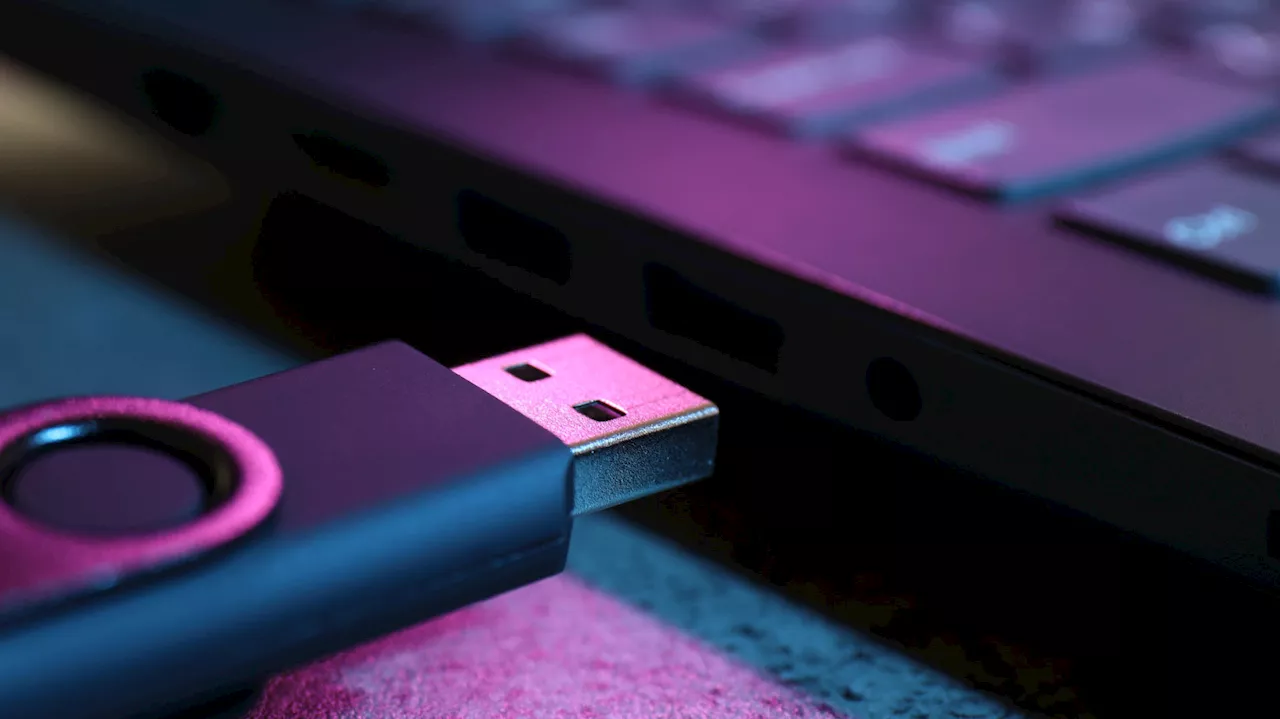
UPDATE: Opera Neon has just announced a groundbreaking enhancement to online browsing by integrating AI at its core, drastically simplifying user tasks and reducing browser clutter. This innovative approach is poised to transform how users interact with the web, making mundane tasks easier and more efficient.
With AI technology now embedded in major browsers like Opera Neon, users can expect a significant reduction in the chaos often caused by managing multiple tabs. Instead of juggling various open windows for tasks such as research or simple fact-checking, Opera Neon allows users to engage with a built-in side panel that remains accessible no matter which tab is active. This means you can ask questions, pull information, and conduct research without disrupting your workflow.
The urgency of this development cannot be overstated. In a world where time is precious, Opera Neon is saving users valuable minutes—up to 15 minutes each week—by automating repetitive tasks. For example, users can now instruct the AI to seamlessly add tasks from apps like Asana and Trello directly to Google Tasks, streamlining weekly planning.
Why this matters NOW: As remote work and digital collaboration increase, tools that enhance productivity are more crucial than ever. With the rise of AI, browsers like Opera Neon are not just following the trend; they are setting new standards that could redefine our online experiences.
In addition to task automation, Opera Neon’s AI capabilities extend to scheduling. The integration with tools like NotebookLM allows users to upload their calendar data, optimizing schedules based on past task completion patterns. This intelligent scheduling helps users manage their time more effectively, flagging potential conflicts and ensuring a balanced workload.
Furthermore, AI browsers are enhancing the way users interact with platforms like YouTube. Users can now watch videos while also engaging with AI features that provide summaries and answers to questions—all within the same interface. This dual functionality makes for a more enriching viewing experience, allowing users to dive into content without losing focus.
The ability to manage open tabs is also evolving. While Opera Neon is still refining its tab management capabilities, other AI browsers like Comet and Atlas are already leading the way. Users can simply command these browsers to close multiple tabs quickly, ensuring that important information is never lost in a sea of clutter.
As the demand for more intuitive browsing solutions grows, Opera Neon is at the forefront of this transformation, marking a significant shift in how we navigate the internet. The implications are vast, potentially reshaping productivity standards across the globe.
What to watch for next: As AI browsers continue to develop, expect more features aimed at enhancing user efficiency. The technology is rapidly evolving, and Opera Neon, along with competitors, is likely to introduce even more advanced functionalities in the coming months.
In summary, Opera Neon’s integration of AI is not just about making browsing easier—it’s about revolutionizing how we manage our digital lives. This urgent update signals a new era where technology is not merely a tool, but an essential partner in our daily tasks. Be prepared for an enhanced online experience that prioritizes your time and productivity.






